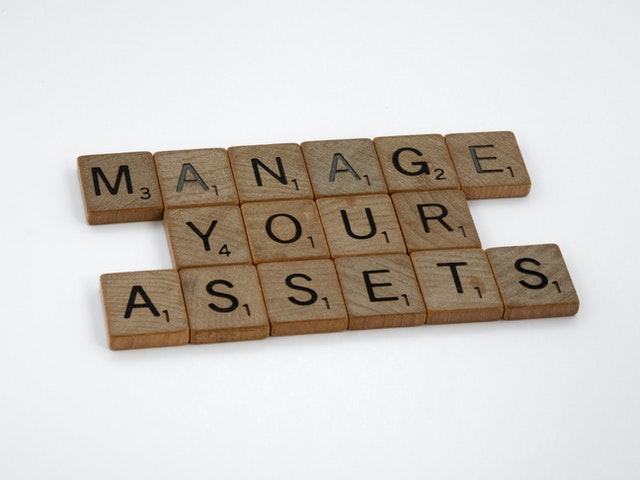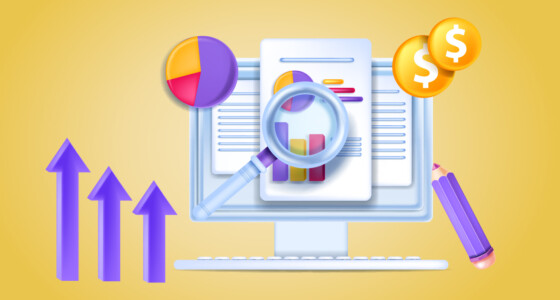

What is a fixed time trade? A fixed time trade (FTT for short) is a trading type in which a trader forecasts the price direction of an asset over a predetermined period. You can use an FTT on various instruments, including stocks, indices, currencies, and commodities. You can find more about FTT here.
Trading can be done even during financial crises and pandemics. For instance, in 2020, global financial capital reached an all-time high of $250 trillion (according to Boston Consulting Group data). Therefore, you can start trading at any time. Keep reading to learn the most important things that should be considered when applying fixed time trades.
Make a choice
1. Choose a broker or trading platform wisely
Although fixed time trading is easier than Forex trading, you should still be cautious and rely on regulated trading platforms only. Don’t use trading platforms that promise easy, high rewards. You can check users’ comments and reviews, but don’t trust them blindly. Check whether the company is regulated by state authorities.
2. Choose an asset
Fixed time trading is available for a wide range of financial instruments. However, not all of them are suitable for beginner traders. There are assets with low liquidity. The level of risk of such assets is higher. Also, there are instruments with higher and lower volatility. If you’ve just started trading, you should avoid highly volatile markets.

Learn the basics
1. Learn technical and fundamental analysis
It’s not easy to predict an asset’s price direction. Financial markets are highly volatile. Therefore, you should know how to forecast the price direction based on indicators, candlesticks, and chart patterns. Also, you should understand that market sentiment is a vital part of the price direction. Therefore, before opening a trade, it’s better to check current news that may affect the asset’s value.
2. Develop a trading strategy
Afterward, you should choose or develop your own trading strategy based on technical and fundamental analysis. When choosing a strategy, consider the asset you trade, its volatility, and the trade period. Stick to predetermined rules and change the approach only after the trade is closed.
3. Avoid asset correlation
An advantage of fixed time trading is a fixed risk. Therefore, you can open numerous trades. However, you should remember that risks always exist, and the assets you trade should not correlate. Otherwise, losses may reduce your income.
Improve your skills
1. Control emotions
If you plan to get income fast and easily, you risk losing before you even start. Remember that you can’t make 100% successful trades. Some of them will be losing. You shouldn’t overreact. Keep in mind that you risk some funds, but practice and proper capital management will increase your skills.
2. Practice demo trades
Before you open your first trade, you should practice on a demo account. Every reliable broker or trading platform allows users to practice making trades with virtual funds. Be sure your trading strategy works for a certain trade period (short-term and long-term trades) and the asset you chose.

Trade wisely
1. Apply capital management rules
In fixed time trades, you can’t lose more than you invest. However, you should use capital management. It’s recommended to start with small positions to evaluate how effective your strategy is.
Later, you can increase the percentage of the funds you invest in one trade. The common rule is to put 2% of your account balance in one trade.
Applying a more aggressive approach, you can increase the percentage to 10. Be sure you are skilled enough when raising the amount you invest.
2. Know when to trade
You should not open trades in a hurry. Determine the proper time when you can analyze the market.
Also, you should remember the level of market liquidity and volatility in certain periods of the day. There are trading sessions that change around, as there are time zones that determine when traders from different parts of the world sleep and start working. Trading of some assets, including stocks and commodities, depends on exchanges’ working hours.
3. Focus on your choice
If you are a beginner trader, you may be confused by the large number of assets and types of trades. After you choose a set of instruments, don’t question whether it was the right choice. Don’t try to use all trade types and financial instruments at once.
Takeaway
Although fixed time trades seem simple, you should remember that any trading action requires skills and knowledge. Be ready for losses and control your emotions. To increase the possibility of successful trades, read the basic information about FTTs and tips that experienced traders have developed.






